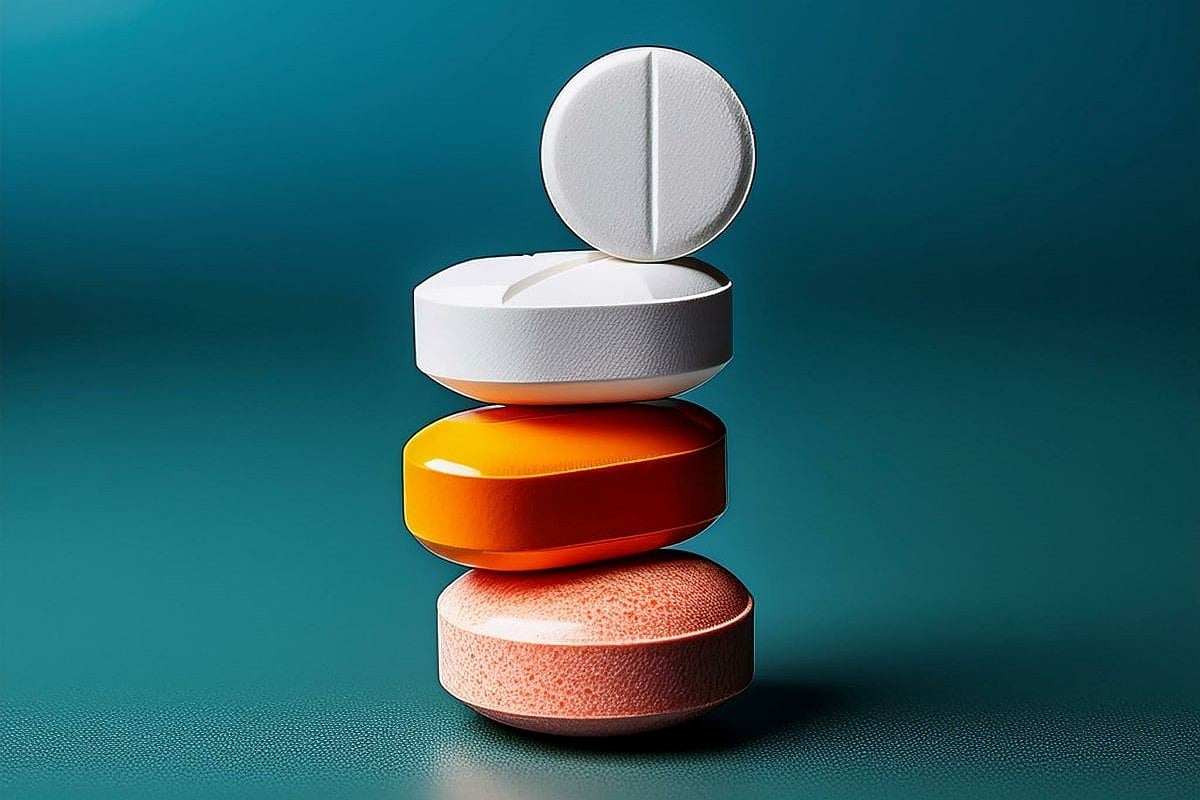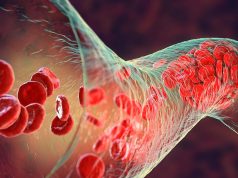No significant difference seen in composite outcome of stroke, systemic embolism, new covert embolic stroke
By Elana Gotkine HealthDay Reporter
THURSDAY, Nov. 13, 2025 (HealthDay News) — For patients who have undergone successful catheter ablation for atrial fibrillation, treatment with rivaroxaban does not offer superior stroke protection versus aspirin, according to a study published online Nov. 8 in the New England Journal of Medicine to coincide with the American Heart Association Scientific Sessions 2025, held from Nov. 7 to 10 in New Orleans.
Atul Verma, M.D., from McGill University in Montreal, and colleagues conducted a trial involving 1,284 patients who had undergone successful catheter ablation for atrial fibrillation at least one year earlier and had a CHA2DS2-VASc score ≥1 (or ≥2 for women or patients in whom vascular disease was a risk factor). Participants were randomly assigned to receive aspirin at a dosage of 70 to 120 mg daily or rivaroxaban at a dosage of 15 mg daily (643 and 641 participants, respectively) and were followed for three years. After enrollment and at three years, magnetic resonance imaging of the head was performed.
The researchers found that the primary outcome, a composite of stroke, systemic embolism, or new covert embolic stroke, occurred in five and nine patients in the rivaroxaban and aspirin groups, respectively (0.31 versus 0.66 events per 100 patient-years; relative risk, 0.56; 95 percent confidence interval, 0.19 to 1.65). New cerebral infarcts measuring less than 15 mm occurred in 3.9 and 4.4 percent of patients in the rivaroxaban and aspirin groups, respectively (relative risk, 0.89; 95 percent confidence interval, 0.51 to 1.55). Fatal or major bleeding occurred in 1.6 and 0.6 percent of patients with rivaroxaban and aspirin, respectively, at three years (hazard ratio, 2.51; 95 percent confidence interval, 0.79 to 7.95).
“Now, we can advise patients that it may be safe to stop blood thinners, even if they have a moderate stroke risk,” Verma said in a statement.
Several authors disclosed ties to biopharmaceutical companies, including Bayer, Abbott, and Biotronik, which funded the study.
Copyright © 2025 HealthDay. All rights reserved.








